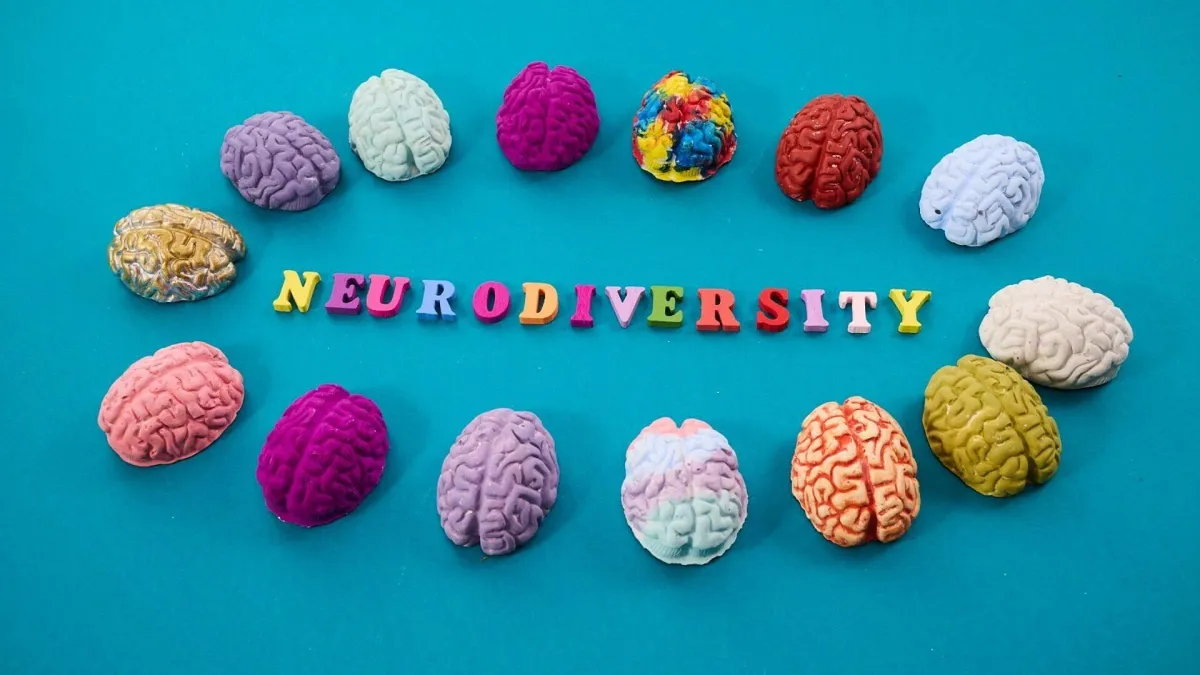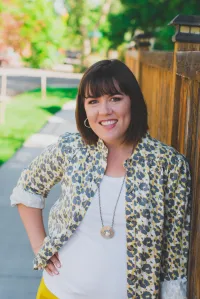Harmony in
Neurodiversity
THE BLOG
Welcome to Harmony in Neurodiversity, a blog dedicated to exploring the profound impact of music and positive parenting strategies on the lives of neurodivergent individuals. Join Samantha, a board-certified Neurologic Music Therapy fellow and a passionate Positive Discipline Parent Educator, as she shares her expertise in leveraging the power of music and effective parenting approaches to support and empower neurodiverse communities.
In her blog posts, Samantha delves into the intricate connections between music and the brain. She explores how specific musical elements and interventions can enhance cognitive functions, regulate emotions, improve communication, and promote social interaction among neurodivergent individuals. Through insightful articles and case studies, she demonstrates how rhythm, melody, and lyrics can serve as powerful tools for therapeutic interventions, fostering growth and self-expression.
Positive Discipline Parenting Strategies:
Drawing from her expertise as a Positive Discipline Parent Educator, Samantha sheds light on nurturing positive relationships between parents and neurodivergent children. Her blog offers practical advice, evidence-based strategies, and real-life anecdotes that empower parents and caregivers to cultivate respectful, encouraging, and effective parenting techniques. From setting clear boundaries to fostering a supportive environment, Samantha guides readers in navigating the challenges and joys of parenting neurodiverse children.
Exploring Intersectionality:
Samantha doesn't limit her discussions to singular approaches. Instead, she delves into the intersectionality of Neurologic Music Therapy and Positive Discipline Parenting, illustrating how these methodologies complement each other. Through her insightful content, she showcases how the harmonious integration of music-based interventions and positive parenting strategies can create holistic support systems for neurodivergent individuals, promoting their well-being and personal growth.
Community Engagement and Resources:
Additionally, Samantha fosters a vibrant online community where readers can engage, share experiences, and seek advice. She curates a wealth of resources, including recommended readings, workshops, and practical tools, empowering her audience to implement valuable insights into their lives effectively.

What It Really Means to Celebrate Neurodiversity
When we talk about neurodiversity, we often stop at awareness, acknowledging that some brains work differently than others. We need to fully understand, include, and celebrate neurodiversity.
Celebrating neurodiversity means shifting our mindset from “how do we fix this?” to “how do we support and honor this?” It means making space for kids (and adults) whose brains don’t fit into the traditional mold, and seeing their differences as valuable, not deficits.
What Is Neurodiversity?
Neurodiversity is the idea that differences in brain function are a natural and valuable part of human diversity. People with ADHD, autism, dyslexia, and other diagnoses aren’t “wrong,” they just process the world differently.
Instead of trying to mold everyone into the same way of thinking, learning, or behaving, celebrating neurodiversity asks us to notice what makes each brain unique and create environments where all kinds of thinkers can thrive.
Why Celebration Matters
When we stop seeing things like sensory sensitivities or literal communication as problems, we open the door to understanding and connection. Kids feel seen and accepted when we stop trying to change who they are and instead support what they need.
One of my favorite stories came from a music teacher named Bryce Tarbet, who stocked his classroom with noise-canceling headphones and fidgets. These tools were not just for specific students, but for anyone who needed them.
That’s what celebration looks like. It’s proactive, inclusive, and respectful.
How to Celebrate Neurodiversity in Everyday Life
Here are a few ways to move beyond awareness into action:
Listen and learn. Seek out the voices of neurodivergent people. Read their books, follow their podcasts, and watch their content. Let them tell their own stories.
Create inclusive environments. Think about what changes would help your child feel more comfortable. That could be dimmer lights, sensory-friendly tools, or allowing them to opt out of high-fives.
Respect boundaries. If your child doesn’t want to hug or prefers clear, literal instructions, believe them. Honor their needs without pushing for “normal” behavior.
Challenge stereotypes. Call out jokes or comments that reinforce harmful ideas about neurodivergent people.
Celebrate strengths. Many neurodivergent individuals have gifts like deep focus, creativity, empathy, or strong pattern recognition. Look for these strengths and find ways for your child to use them.
Celebrating neurodiversity is not a one-time event. It’s a mindset. It’s a way of seeing your child through the lens of support and possibility rather than deficiency. When we build homes, classrooms, and communities that value different ways of thinking, we give every brain a chance to shine.
If you’re looking for more support in navigating this parenting journey, we talk about topics like this inside the Neurodivergent Parenting Community. We’d love to have you.


